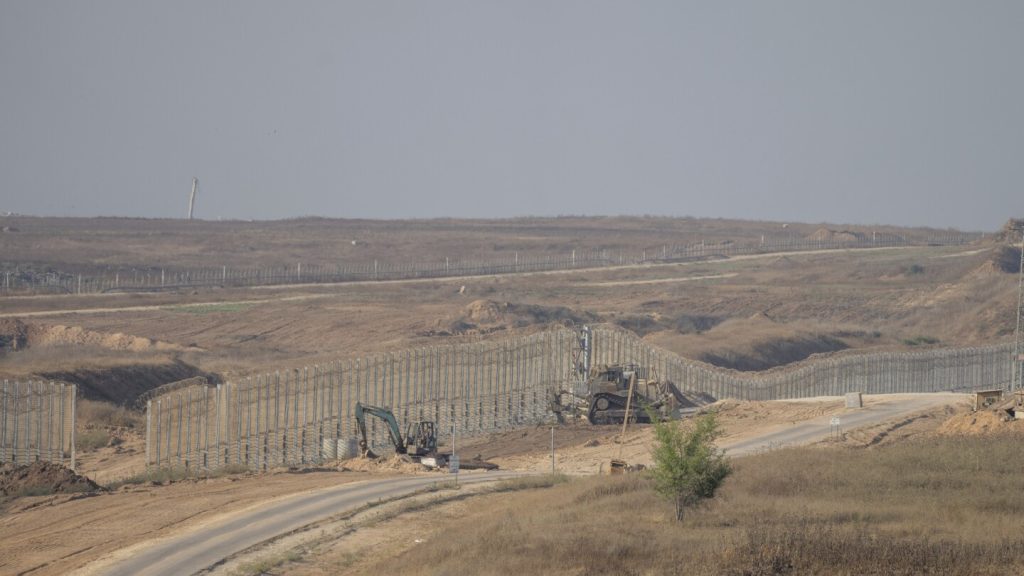An explosion in southern Gaza killed eight Israeli soldiers, making it the deadliest attack on Israeli forces in months. The attack took place in Rafah, a city identified as Hamas’ stronghold. The incident occurred just after 5 a.m. in the Tal al-Sultan area, with the cause being either an explosive placed by Hamas or an anti-tank missile. Israeli military spokesman Rear Adm. Daniel Hagari stated the determination to defeat the Rafah Brigade of Hamas. This attack comes amid a longstanding conflict that has resulted in a high death toll and displaced over 80% of the population in Gaza.
The Israeli government, led by Prime Minister Benjamin Netanyahu, has been adamant about not halting the war until the twin goals of destroying Hamas’ military and governing capabilities are achieved. President Joe Biden has presented a new cease-fire proposal aimed at securing the release of approximately 120 hostages held in Gaza and ending the ongoing violence. However, both Israel and Hamas have expressed hesitations regarding the plan, highlighting the complexities of reaching a resolution in this conflict. The inconclusive war has led to public divided in Israel, with many calling for the hostages to be brought home through a diplomatic solution.
The deadly explosion in Gaza comes at a time when the Israeli government faces backlash for extending exemptions from the military draft to ultra-Orthodox men. While the Supreme Court ruled against government subsidies for these exemptions, Netanyahu’s coalition voted to continue providing financial support to religious institutions. Defense Minister Yoav Gallant, the only member of the coalition who opposed the legislation, emphasized the need for all sectors of society to contribute equally amid the ongoing conflict. The government is under pressure to pass a new draft law to address the issue of exemptions to ensure a more equitable distribution of military service obligations.
The failure of cease-fire negotiations between Israel and Hamas has prolonged the conflict, with concerns about the humanitarian crisis in Gaza mounting. Hamas has called for a permanent cease-fire and Israeli troop withdrawal from Gaza as part of any deal to release the hostages. Violence has also flared in the West Bank, with a 16-year-old Palestinian being shot dead by Israeli forces. The situation remains tense, with both parties grappling with the challenges of finding common ground and ending the cycle of violence that has claimed many lives. Amid these developments, the possibility of new elections in Israel looms if Netanyahu’s ultra-Orthodox partners leave the government.
The latest attack on Israeli soldiers highlights the ongoing hostilities in the region and the significant obstacles to reaching a lasting peace agreement. The international community, including the United States, has been involved in diplomatic efforts to de-escalate the conflict and bring an end to the violence. However, deep-rooted issues such as military exemptions, political divisions, and conflicting demands from both sides continue to complicate the path towards a resolution. As the death toll rises and tensions remain high, the need for a comprehensive and inclusive approach to address the underlying grievances and promote reconciliation becomes more urgent.


